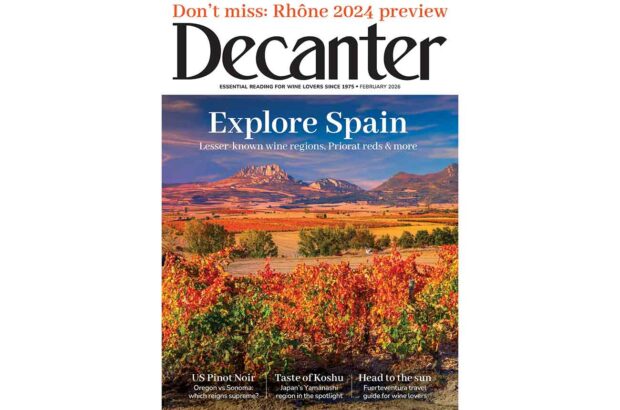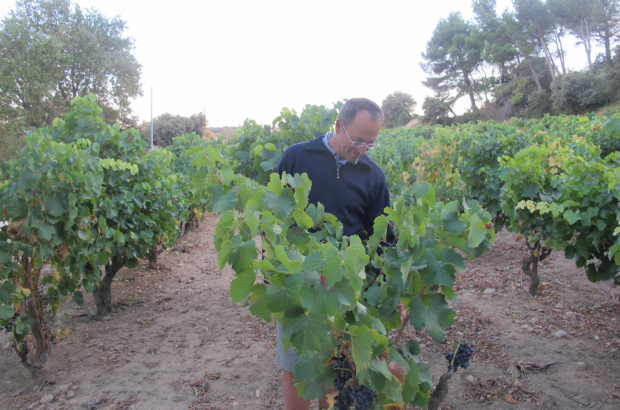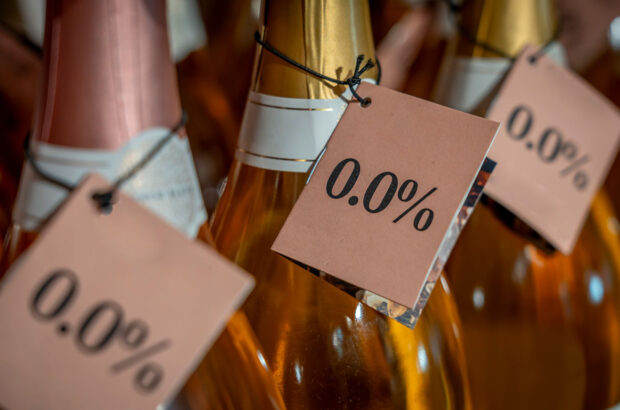A new study suggests a compound found in red wine can counter the negative effects of a sedentary lifestyle.
The research aimed to find out if resveratrol, an antioxidant found in most red wine, could help astronauts experiencing negative health effects from weightlessness combined with inactivity.
Resveratrol was found to increase muscle and bone mass, which can prevent the risk of osteoporosis.
Scientists working on the study gave one group of mice a daily dose of resveratrol and compared the results with a test group.
Mice without resveratrol experienced reduced muscle mass, strength and bone density, and developed insulin resistance, which is recognised as a precursor to diabetes.
The mice which had been dosed wth resveratrol experienced none of these effects.
The Federation of American Societies for Experimental Biology (FASEB) journal where the study was published found that resveratrol counteracts the detrimental effects of inactivity on the body’s cells.
Gerald Weissmann, editor-in-chief of FASEB said, ‘Resveratrol may not be a substitute for exercise, but it could help you on your way back to health.
‘There are overwhelming data showing that the human body needs physical activity, but for some of us, getting that activity isn’t easy,’ Weissmann said.
‘A low gravity environment makes it nearly impossible for astronauts. For the earthbound, barriers to physical activity are equally challenging, whether they be disease, injury, or a desk job. Resveratrol may not be a substitute for exercise, but it could slow deterioration until someone can get moving again.’
In previous studies, notably by the University of Glasgow, resveratrol has been suggested as effective therapy for dangerous inflammations such as appendicitis, peritonitis and systemic sepsis.
Some scientists are sceptical about the health benefits of resveratrol in wine.
Speaking to Decanter.com two years ago, Dr Roger Corder, professor at the William Harvey Research Institute at Barts and the London School of Medicine and Dentistry, said, ‘The whole resveratrol-wine-health relationship is totally incorrect.’
Corder, also the author of The Wine Diet, which highlights wine’s cardiovascular benefits, said, ‘many wines, particularly from thick-skinned grapes like Cabernet Sauvignon, have virtually no resveratrol.’
There is no consensus on safe and effective daily doses of the resveratrol. One glass of red wine contains about 1mg of resveratrol. Supplements contain 15mg to 500mg per capsule.
Written by Connie Reid







